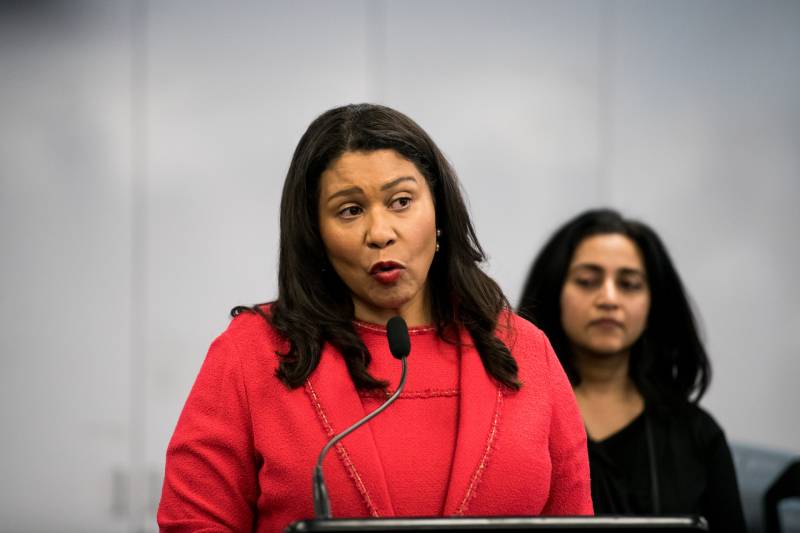San Francisco Mayor London Breed and a group of supervisors advanced dueling plans on Tuesday to place business tax hikes in front of voters in November.
With the city facing a $1.7 billion budget shortfall over the next two years, the mayor and members of the board are also working on additional ideas that could help fund city services, including changes to the city’s business tax structure and maneuvers to tap existing tax revenue held up in litigation.
“As we face an unprecedented budget shortfall due to the COVID-19 pandemic, we need to find ways to bridge funding gaps for key services that address homelessness, housing, and mental health, and also provide relief for small businesses that have been struggling,” Breed wrote in a tweet.
Breed's proposal to raise the city's gross receipts tax, introduced at the board of supervisors, could raise up to $76 million annually. It contains a trigger tied to unemployment that would delay implementation as the economy improves and provide protections for "cost-sensitive" businesses.
The proposal from Supervisors Gordon Mar, Dean Preston, Matt Haney, Hillary Ronen and Shamann Walton was placed directly on the November ballot.

